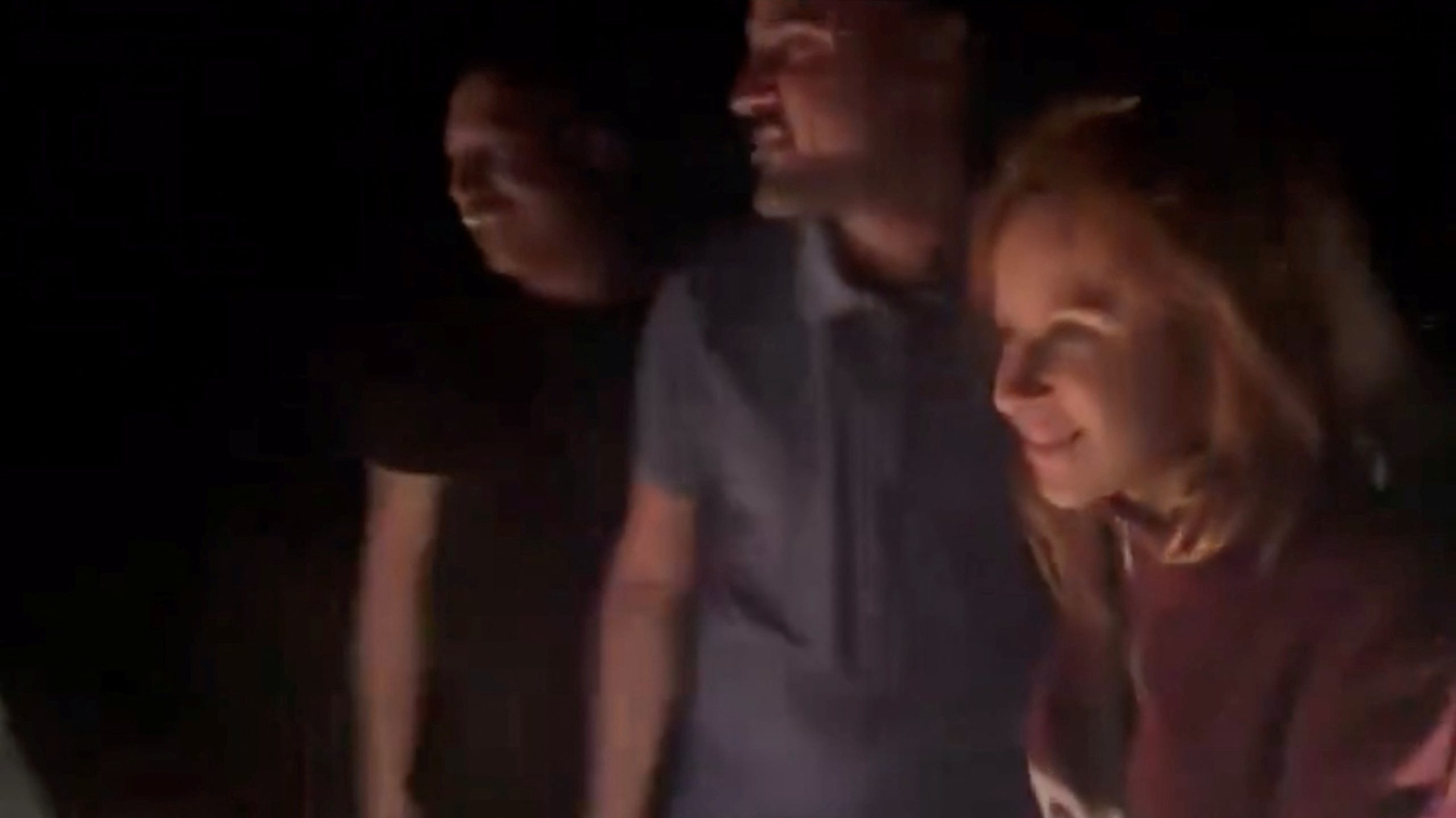Fawzia Amin Sido, a Yazidi woman who was abducted by the Islamic State (IS) group at the age of 11, was recently freed after more than a decade in captivity. The 21-year-old had been held in Gaza by an IS captor, who was later killed during the ongoing conflict between Israel and Hamas.
The Israeli military reported that Fawzia managed to escape after her captor’s death, fleeing to another location in Gaza. Her release was the result of a highly complex operation involving Israel, the United States, and other international partners, with the efforts spanning months and facing multiple failed attempts due to the unstable security situation in Gaza.
Fawzia’s story is deeply intertwined with the brutal attacks carried out by IS against the Yazidi community in 2014. The Islamic State’s siege of Sinjar in northern Iraq led to the mass murder of Yazidi men and the abduction of women and girls, who were subsequently enslaved. Fawzia was one of these victims, caught in a horrific cycle of violence.

Yazidi Woman Freed After a Decade of Captivity by Islamic State in Gaza Following Complex Rescue Operation
The Yazidi women who survived often spoke of being trafficked and sold as sex slaves, and thousands of others remain missing. The global community has recognized these actions as genocide, with the IS group committing widespread war crimes and crimes against humanity.
Her liberation follows months of intricate negotiations and planning, with several prior rescue attempts failing due to the ongoing conflict in Gaza. Iraqi officials confirmed that while Fawzia was in good physical health, the trauma from her captivity, along with the dire living conditions in Gaza, left deep psychological scars. Fawzia’s freedom marked the end of her long and painful ordeal, but her emotional recovery is just beginning.
The rescue operation, which included critical coordination between Israel, the United States, and other global actors, ultimately brought Fawzia back to Iraq. She was safely transported through Israel and Jordan before being reunited with her family in Sinjar.
The emotional reunion was captured in a video shared by Canadian philanthropist Steve Maman, who had made a personal promise to Fawzia to bring her home. His team worked tirelessly to facilitate her return, defying the odds that had made her rescue seem impossible.
The Yazidi community continues to grapple with the legacy of the 2014 IS invasion. Over 3,000 Yazidis were killed, and nearly 6,000 were abducted during the attacks. Although thousands of survivors have been freed, many remain unaccounted for, with the scars of the genocide still fresh. Despite the ongoing challenges, Fawzia’s return offers a glimmer of hope for other Yazidis still seeking justice and the chance to rebuild their lives.











































